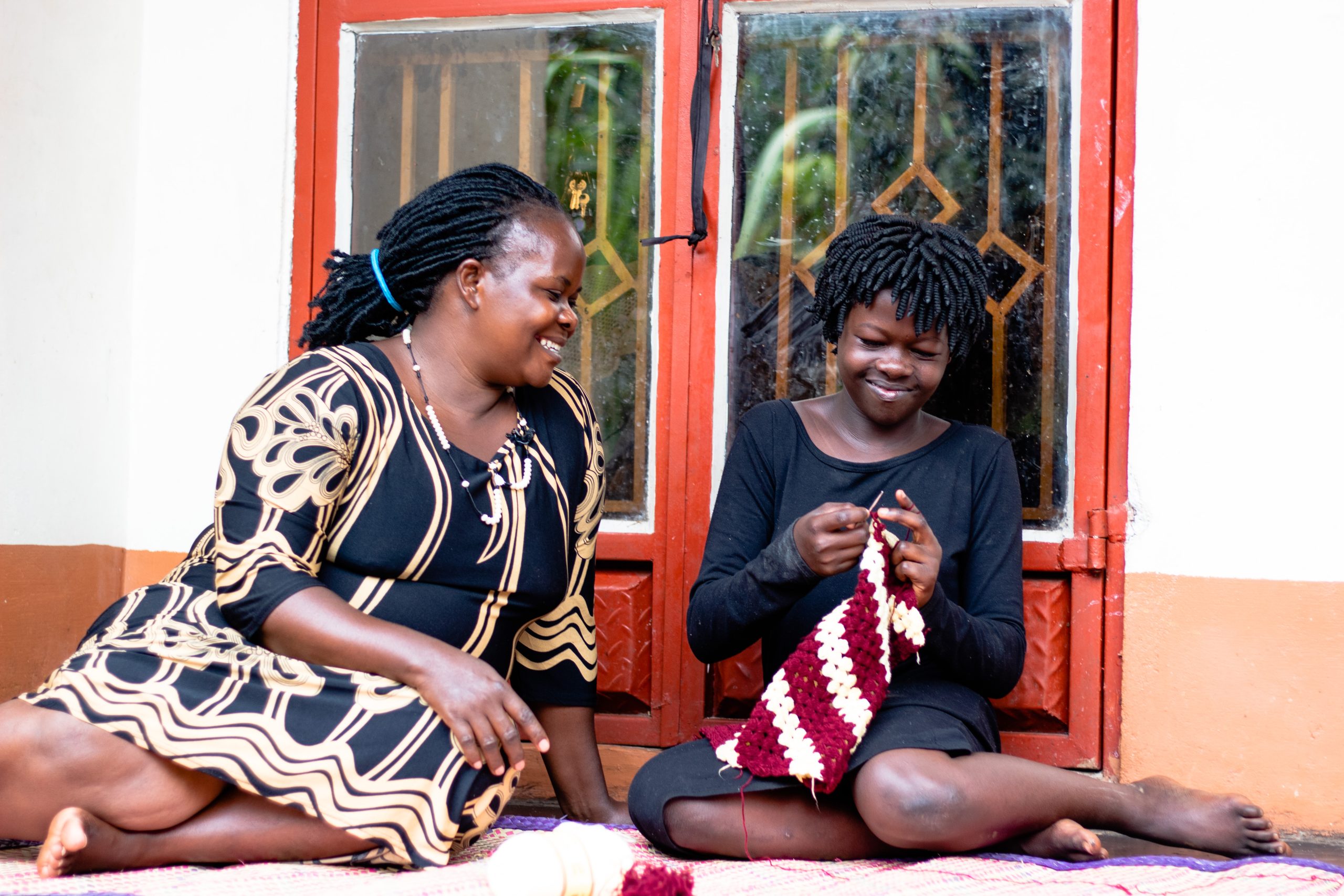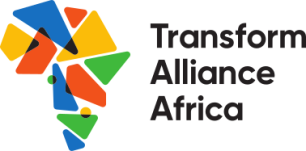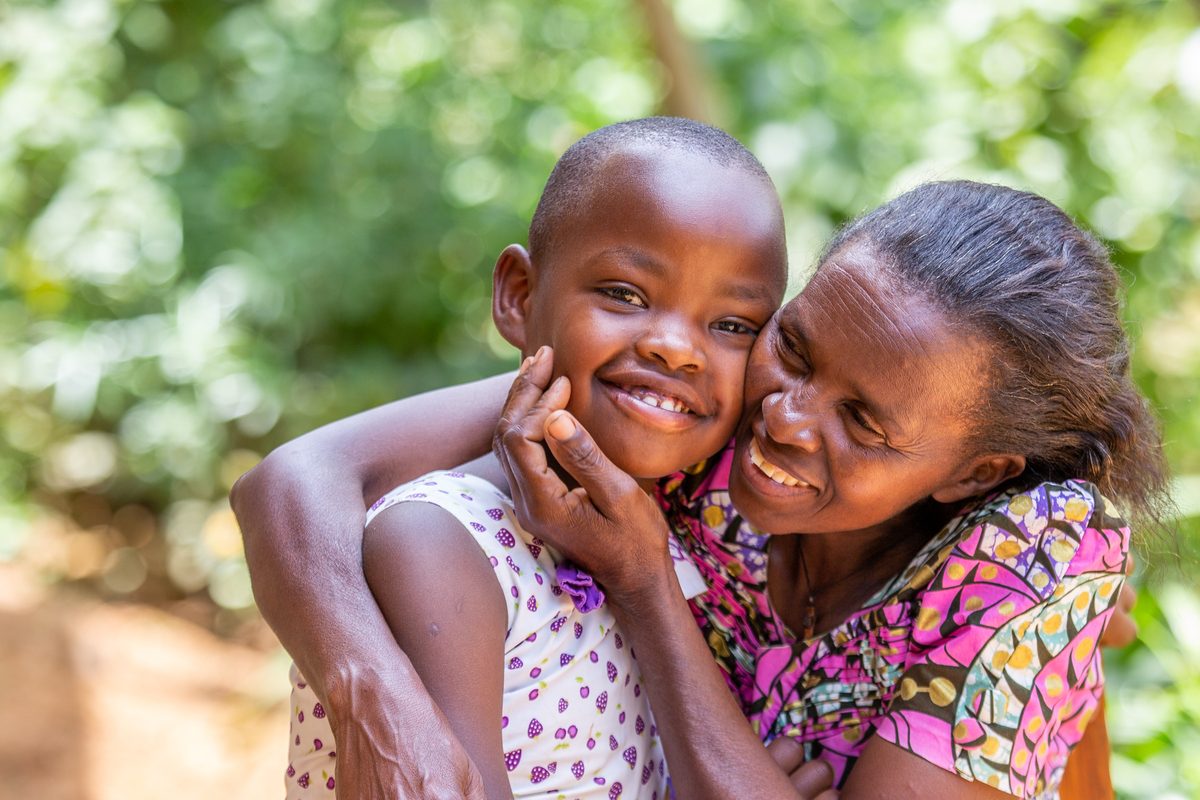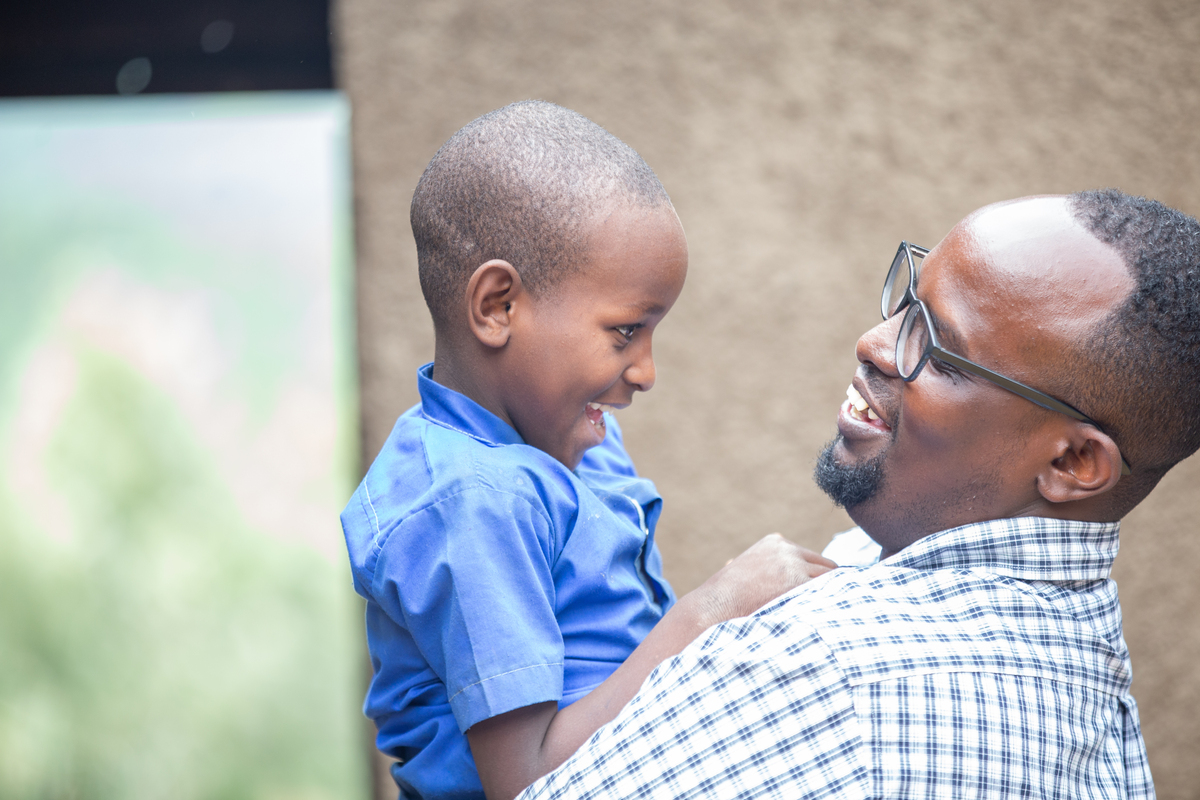
Our approach
We are building know-how and an evidence base on how the change works – gathering proof of concept examples from across the countries in the alliance.

In Rwanda, national efforts mean that now fewer than 900 children remain in orphanages.
In Uganda, we are building a child protection system in the district of Tororo.
In South Africa, the child protection system in Gauteng province is undergoing reform.
In Sudan, two states are now free of institutional care and over 3000 children have been placed with families.
In Tanzania, we are preparing to document the reasons why and the beliefs and attitudes which lead to children being placed in orphanages.
In Ghana, we are contributing to the development of foster care and domestic adoption.
We are informing and supporting political leaders to ensure reform is secured and embedded in legislation, policies and regulation – prioritising children in families.

In Uganda, the government is embedding and building on its National Action Plan on Alternative Care.
In Rwanda, the Government has committed to a family for every child and will soon commence working with children with special needs in orphanages.
In Tanzania, the National Action Plan to end violence against children has a focus on children who are in orphanages.
In Kenya, there are now guidelines for the Alternative Family Care of Children.
In Sudan, national legislation and policies prioritise family care and embed emergency and long term alternative families for children without parental care.
In Ghana we supported the government and its partners to review their progress in implementing the national strategy for children and plan the next steps.
We collectively supported the Pan-African consultations on violence against children and ensure children in orphanages are a priority group.
At global level we are working with over 250 organisations to ensure “All Children are Counted” in the implementation of the Sustainable Development Goals.
We’re strengthening the capacity of civil society to pilot transformations, and supporting the development of national social work forces that are highly skilled and highly trained to protect and support children in families.

In Sudan, there are now over 2500 professionals working in Alternative Care and prevention of family separation.
In Rwanda, we trained 75 government professionals, social workers and psychologists and hundreds of community volunteers, and developed a nationally recognised curriculum.
Kenya has formed an Alternative Care Alliance and in Uganda we are developing a practical social work curriculum.
We develop sustainable funding models and help donors to make informed choices about backing care reform and transformation to family and community based care, instead of funding orphanages.

In Kenya and Uganda we are giving a platform to care leavers to share their stories about why family matters, because the most powerful voice is that of experience.
We are developing a “how to” guide for donors to inform their decision to support children without parental care.
We are working collectively to gather the evidence necessary to develop the business case for investing in children and families.
We advocate at global level for resources to be allocated for the transition from orphanages to families and communities.


